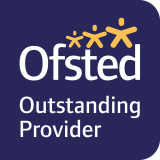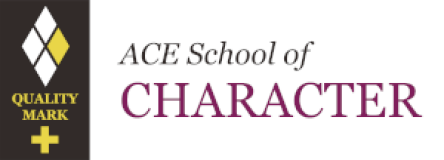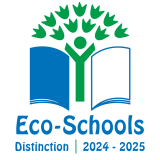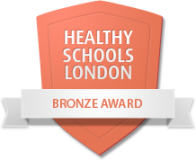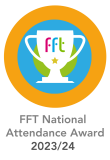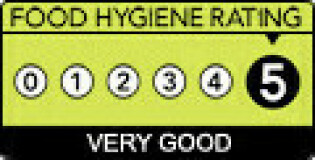Provision & Planning
We offer an enriched and differentiated curriculum for all children. To assist the children in furthering/fulfilling their potential, we:
-
Regular use of enquiry based/problem solving activities that are as open ended as possible to allow for maximum differentiation by outcome and a variety of extension and enrichment activities.
-
The use of the National Curriculum, including investigations which encourage higher order thinking skills of analysis, synthesis and evaluation where appropriate.
-
Extra provision outside the classroom where possible, such as a variety of clubs and activities. Also opportunities are provided for the children to take part in inter school competitions and musical events.
-
Activities with our cluster schools which aim to further develop the interest and experience of More Able children in particular areas of the curriculum.
-
Staff and Governors are encouraged to participate in courses and events, and in school INSET is provided (where appropriate) to raise the profile and move the school forward in tis provision for More Able pupils.
-
Classroom provision is monitored through planning, schemes of work, samples of work and observations where appropriate.
What is a More Able learner?
More Able learners are those young people who are achieving, or have the potential to achieve, at a level significantly beyond that of their peer group within a specific area of the curriculum. The College recognises these learners as individuals; with their own strengths and areas for development.
Gifted learners are those who have the ability to excel academically in one or more subjects such as English, maths, science or geography.
Talented describes those learners who have the practical skills to excel in areas such as sport, leadership or artistic performance.
Barking Abbey recognises that when More Able learners are engaged in their area of expertise they will tend to display specific characteristics that differ from the majority of their peers. Broadly speaking these young people will tend to:
-
Show a passion for particular areas of interest and seek to pursue them
-
Analyse their own behaviour and hence use a greater range of learning strategies than others
-
Make connections between past and present learning
-
Demonstrate intellectual curiosity
-
Show intellectual maturity and enjoy engaging with in-depth subject material
-
Actively and enthusiastically engage in debate and discussion
-
Produce original and creative responses to common problems
As these learners progress through the secondary and tertiary phases of education they may develop further characteristics such as:
-
A tendency to questions rules and authority
-
A well-developed sense of humour
-
Growing self-determination, stamina and powers of coordination


